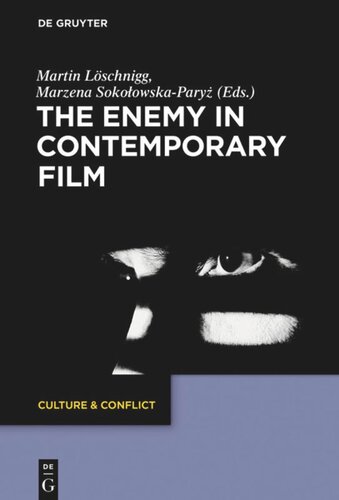

Most ebook files are in PDF format, so you can easily read them using various software such as Foxit Reader or directly on the Google Chrome browser.
Some ebook files are released by publishers in other formats such as .awz, .mobi, .epub, .fb2, etc. You may need to install specific software to read these formats on mobile/PC, such as Calibre.
Please read the tutorial at this link: https://ebookbell.com/faq
We offer FREE conversion to the popular formats you request; however, this may take some time. Therefore, right after payment, please email us, and we will try to provide the service as quickly as possible.
For some exceptional file formats or broken links (if any), please refrain from opening any disputes. Instead, email us first, and we will try to assist within a maximum of 6 hours.
EbookBell Team

4.8
104 reviewsEditors: Isabel Capeloa Gil, Catholic University of Portugal, Lisbon, Portugal; Paulo de Medeiros, University of Warwick, UK, Catherine Nesci, University of California, Santa Barbara, USA. Editorial Board: Arjun Appadurai, New York University, Claudia Benthien, Universität Hamburg, Elisabeth Bronfen, Universität Zürich, Bishnupriya Ghosh, University of California, Santa Barbara, Joyce Goggin, Universiteit van Amsterdam, Lawrence Grossberg, University of North Carolina at Chapel Hill, Andreas Huyssen, Columbia University, Ansgar Nünning, Universität Gießen, Naomi Segal, University of London, Birkbeck College, Márcio Seligmann-Silva, Universidade Estadual de Campinas, António Sousa Ribeiro, Universidade de Coimbra, Roberto Vecchi, Universita di Bologna, Samuel Weber, Northwestern University, Liliane Weissberg, University of Pennsylvania, Christoph Wulf, FU Berlin, Longxi Zhang, City University of Hong Kong
While filmic representations of ‘enemies’ are legion, film studies have so far neglected the way in which filmic mediations of enemy images have contributed to shaping cultural memories.
The present volume investigates the (de)(re)construc
…